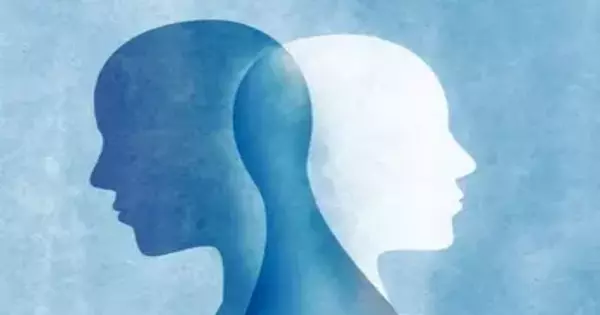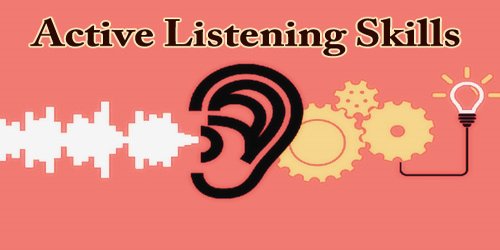Behavioral disorders refer to a group of mental health conditions characterized by patterns of abnormal or disruptive behaviors. These disorders include conditions such as attention-deficit/hyperactivity disorder (ADHD), oppositional defiant disorder (ODD), conduct disorder (CD), and others. Symptoms of behavioral disorders can include impulsive behavior, difficulty paying attention, disobedience, aggression, and other problem behaviors. Treatment may include therapy, medication, or a combination of both, depending on the specific disorder and individual circumstances.
Behavioral disorders are characterized by a pattern of disruptive behaviors that cause issues at school, at home, and in social situations. Children and adults both suffer from behavioral disorders. Almost everyone exhibits some of these behaviors on occasion, but behavior disorders are more serious. If not treated in childhood, these disorders can have a negative impact on a person’s ability to work and maintain relationships.
Some examples of behavioral disorders include attention deficit hyperactivity disorder (ADHD), oppositional defiant disorder (ODD), conduct disorder (CD), and obsessive-compulsive disorder (OCD). These conditions can cause difficulties in daily life, including in relationships, school, or work. Treatment typically involves therapy, medication, and lifestyle changes.
A variety of terms have been used to describe erratic emotional and behavioral disorders. Many terms, including mental illness and psychopathology, were used to describe adults suffering from such conditions. Most people with any type of disorder were labeled with mental illness, and it was common for people with emotional and behavioral disorders to be labeled with a mental illness. However, these terms were avoided when describing children because they appeared to be too stigmatizing. The term “behaviorally disordered” first appeared in the late 1900s. Some special education professionals accepted the term, while others felt it ignored emotional issues.
Behavioral disorders are characterized by a pattern of disruptive behaviors in children that lasts at least six months and causes problems at school, at home, and in social situations. Behavioral disorders are characterized by a pattern of disruptive behaviors in children that lasts at least six months and causes problems at school, at home, and in social situations. Almost everyone exhibits some of these behaviors on occasion, but behavior disorders are more serious.
Among the symptoms of behavioral disorders are:
- Inattention
- Hyperactivity
- Impulsivity
- Drug use and defiant behavior
- Illegal activity
















